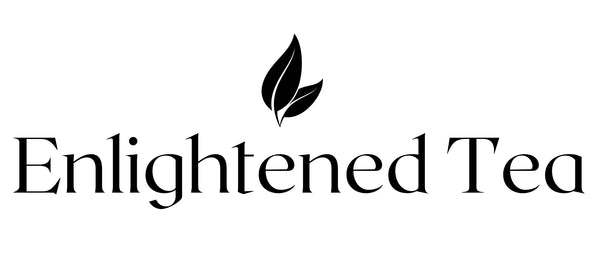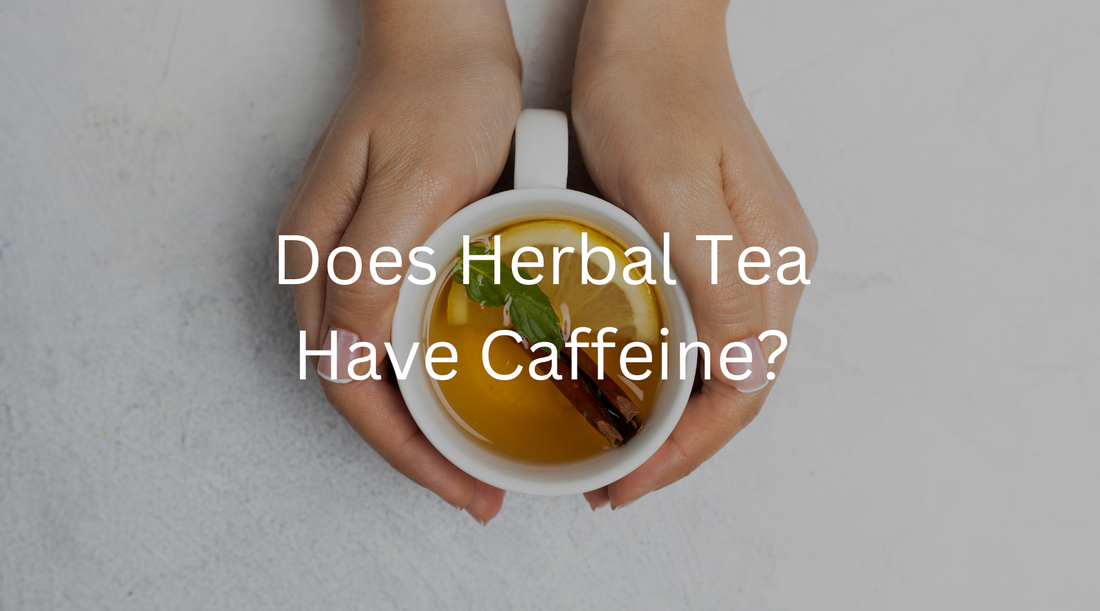 Does Herbal Tea Have Caffeine?
Does Herbal Tea Have Caffeine?
In the serene realm of herbal infusions, a common query percolates among enthusiasts and novices alike: does herbal tea have caffeine?
This question is particularly pertinent for those seeking the soothing benefits of herbal teas without the stimulating effects of caffeine.
Herbal teas, or tisanes, are beloved for their diverse flavors and potential health benefits. They are crafted from an array of plants, including flowers, leaves, seeds, and roots.
Most herbal teas are naturally caffeine-free, offering a peaceful alternative to traditional caffeinated teas. However, there are exceptions, such as yerba mate and guarana tea, which contain caffeine and can invigorate the senses much like a cup of coffee.
For those sensitive to caffeine or looking to reduce their intake, it’s essential to understand which herbal teas are truly caffeine-free and which may contain hidden sources of this stimulant.
When selecting an herbal tea, it’s advisable to check the label for added tea blends or ingredients like cacao or kola nut that could introduce caffeine into the mix.
Now, let’s steep into the details and explore the caffeine content in herbal teas, ensuring that your next cup aligns with your preferences and needs.
 Understanding Caffeine in Herbal Teas
Understanding Caffeine in Herbal Teas
Caffeine is a natural compound found in certain plants, including the Camellia sinensis, from which black, green, oolong, white, and yellow teas are derived. True teas from this plant contain varying levels of caffeine, known for its energizing effects.
In contrast, most herbal teas are free from caffeine, as they do not originate from the Camellia sinensis plant. Instead, they are made from a variety of other plants that do not naturally produce caffeine. This makes them an excellent choice for those looking to enjoy a warm beverage without the buzz.
However, some herbal teas are exceptions to this rule. Yerba mate, for example, is a South American beverage made from the leaves of the Ilex paraguariensis plant, which naturally contains caffeine. Similarly, guarana tea, made from the seeds of the Paullinia cupana plant, is another caffeinated herbal option.
 Choosing the Right Herbal Tea
Choosing the Right Herbal Tea
When selecting an herbal tea, consider your caffeine tolerance and the time of day you plan to enjoy your brew. For a restful evening, opt for caffeine-free options like chamomile, peppermint, or rooibos. If you need a gentle lift in the morning or afternoon, a cup of yerba mate or guarana tea might be just what you need.
Remember, the key to finding the perfect herbal tea is to read the labels carefully and understand the ingredients. With this knowledge, you can make informed choices that suit your lifestyle and wellness goals.
Options
When it comes to picking the right tea for the right moment, it is really up to your preferences. However, we recommend if you want a relaxing moment to unwind, stay clear of caffeinated teas. Our Bear Hug and Reishi Realms are perfect for an afternoon and evening.
If you like something lighter and uplifting, try our Time to Smile, Happy Hibiscus, or Perky Tea (this one has a little caffeine from white tea).
For a great bedtime tea, or a tea for a moment of stress and anxiety, try our Cozy Chamomile. It’s formulated with powerful herbs to help with mental stress.
Precaution
When drinking herbal tea for anxiety or depression, it's important to remember that it's not a substitute for professional help. If you're struggling with mental health issues, it's important to seek help from a qualified healthcare provider. Herbal tea can be a supportive addition to your treatment plan, but it's not a replacement for professional care.

